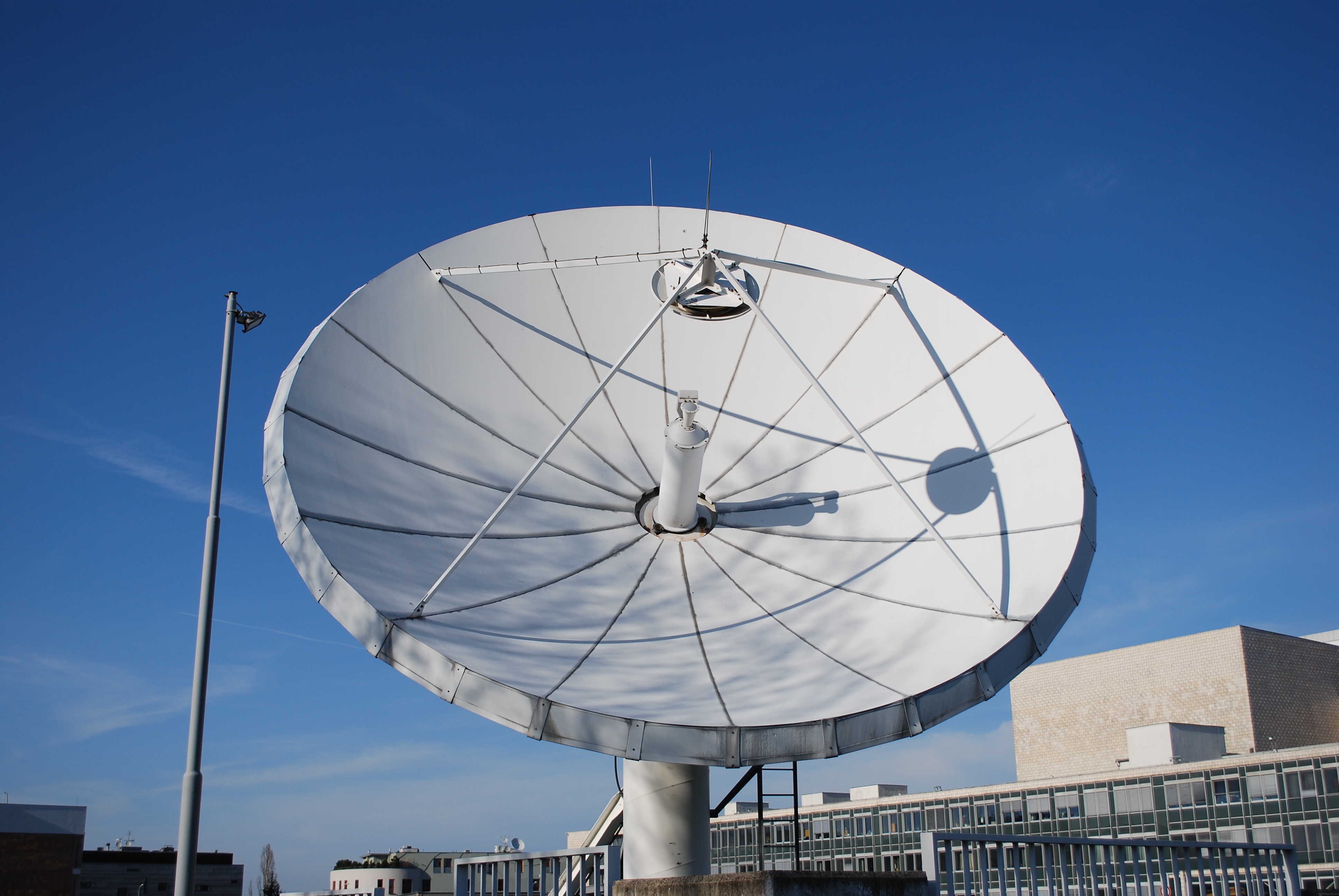Court Won't Block FCC C-Band Payment Deadline
Says ACA Connects did not demonstrate likelihood of success

The smarter way to stay on top of the multichannel video marketplace. Sign up below.
You are now subscribed
Your newsletter sign-up was successful
It was always a long shot, but ACA Connects failed in its attempt to get a federal court to block the FCC's Sept. 14 deadline for electing a lump sum payment for moving off satellite spectrum in the C-Band.
A three-judge panel of the U.S. Court of Appeals for the D.C. Circuit Monday (Sept. 14) denied the association's request for a write of mandamus, which is essentially a court stepping in to block an agency decision before it becomes final.
Related: ACAC, FCC Make C-Band Payment Cases
The judges said ACA Connects had not demonstrated its challenge of the underlying order was likely to succeed on the merits of the argument that the FCC's Wireless Telecommunications Bureau was required to include decoder equipment costs in its lump sum or that the process at arriving at that lump sum was arbitrary and capricious.
“ACA Connects is disappointed that the D.C. Circuit has denied our request to stay the lump-sum election deadline," the group said in a statement. "We are reviewing the court’s order and fully considering our options going forward."
ACAC said the FCC decision on the lump sum payments were "the product of secret meetings with a handful of unidentified stakeholders" and "rests on undisclosed data and an impossible-to-reproduce methodology."
The FCC is paying cable operators and other earth station operators to move off the lower portion of the band so it can auction it for 5G, giving them the option of itemizing expenses or a lump sum.
The smarter way to stay on top of the multichannel video marketplace. Sign up below.
ACA Connects has issues with what the FCC is and isn't paying for.
In a move that ACAC had signaled could land the FCC in court, the Wireless Telecommunications Bureau in July released the final cost catalog for C-Band relocation expenses and lump sum elections and it did not include compensating cable operators for integrated receiver/decoders (IRDS), as ACA Connects and other cable operators had pushed for.
Including the IRD costs would make it easier for cable ops to move to fiber delivery, but the FCC said the lump sum was meant to approximate the cost of moving earth stations, not moving to a new distribution technology.
“Rolling out the next generation communications network needs to happen fast, as we’re already behind in this race," said Mike Rogers, chairman of 5G action Now and former chairman of the House Intelligence Committee. "Today’s court decision ensures the 5G roll out will continue at the swift pace necessary to beat China.”
Contributing editor John Eggerton has been an editor and/or writer on media regulation, legislation and policy for over four decades, including covering the FCC, FTC, Congress, the major media trade associations, and the federal courts. In addition to Multichannel News and Broadcasting + Cable, his work has appeared in Radio World, TV Technology, TV Fax, This Week in Consumer Electronics, Variety and the Encyclopedia Britannica.

